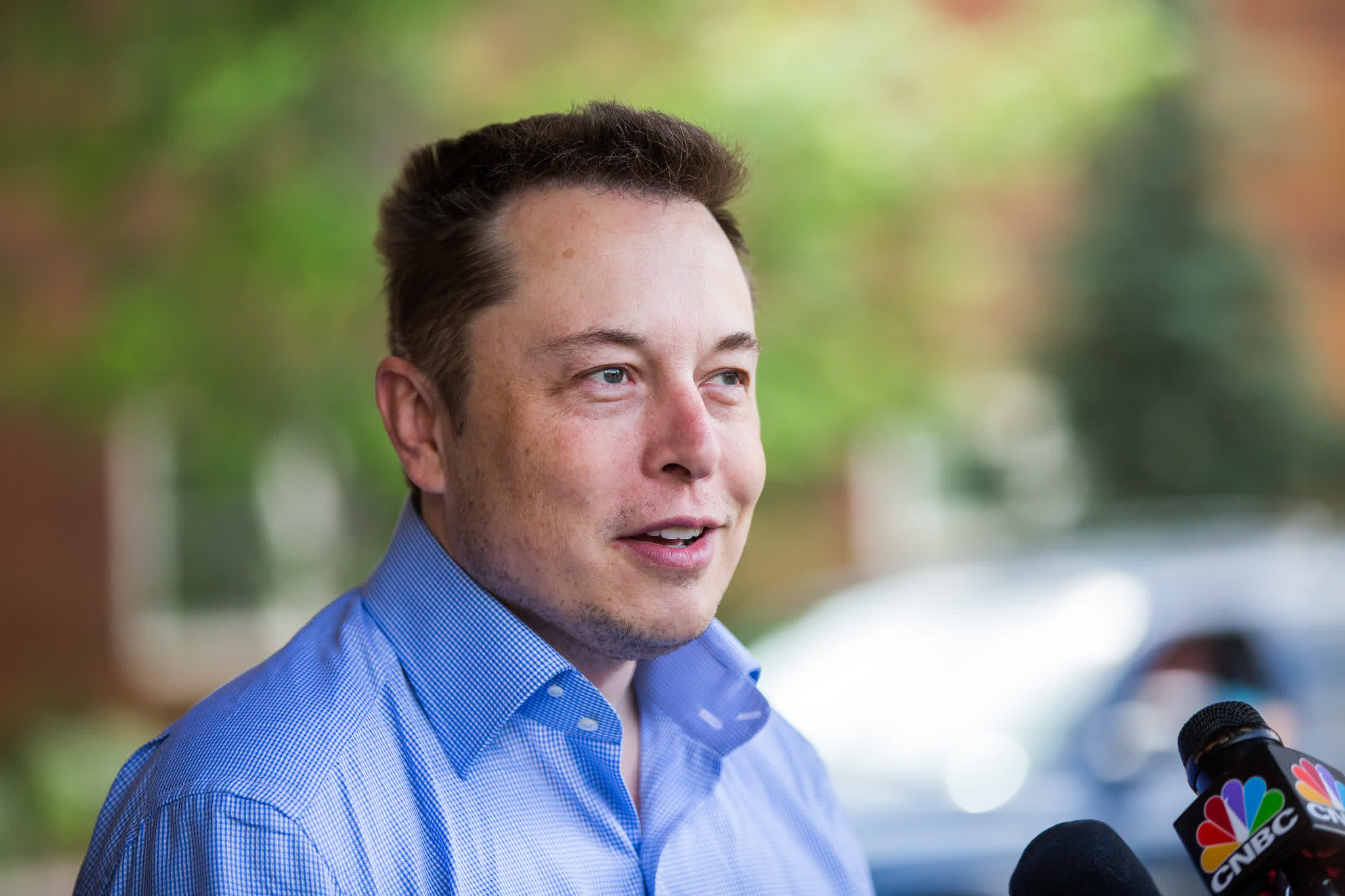Facepalm: Elon Musk has backtracked on a statement he made last year telling advertisers who were threatening to pull their ads from X to "go f**k yourself." The platform owner now says the statement was more of a point highlighting free speech, which sounds one step away from saying "I was only joking, lol."
The situation began in November 2023 when IBM suspended its advertising on former Twitter platform X after a report from a media watchdog, which Musk is suing, said one of its ads appeared next to posts that promoted Hitler and the Nazi party. It came at a time when Musk was already facing criticism for posting a positive reply to a message arguing that Jewish communities push hatred against whites. Musk has since apologized for his post, calling it "perhaps one of the most foolish, if not the most foolish, thing I've ever done on the platform."
Apple, Walt Disney, Comcast, Warner Bros, and others also suspended advertising on the platform. Musk, who once called a cave diver involved in the rescue of a soccer team in Thailand a "pedo guy" for criticizing his plan to help, responded to the advertisers rushing to leave X by telling them to "Go f**k yourself" during an interview at The New York Times Dealbook Summit. When asked if he wanted the advertisers to return, he said "I don't want them to advertise. If somebody is going to try to blackmail with advertising, blackmail me with money, go f**k yourself,"
Watch my conversation with @ElonMusk: https://t.co/YedkELVhFn
– Andrew Ross Sorkin (@andrewrsorkin) November 29, 2023
In an interview with WPP CEO Mark Read at Cannes Lions advertising festival in France, Musk was asked what his sweary instructions to advertisers meant.
"It wasn't to advertisers as a whole," Musk replied. "It was with respect to freedom of speech, I think it is important to have a global free speech platform, where people from a wider range of opinions can voice their views."
That claim seems even more questionable when you remember that Musk singled out Disney CEO Bob Iger at the time of his explicit proposition. "Hey Bob, if you're in the audience, that's how I feel," Musk said. The Disney+ app was soon removed from some Tesla vehicles, without the company explaining why. The EV giant later informed Disney that the app would be removed only for owners who had never used it before.
"In some cases, there were advertisers who were insisting on censorship," Musk said. "At the end of the day […] if we have to make a choice between censorship and losing money, [or] censorship and money, or free speech and losing money, we're going to choose the second."
"We're going to support free speech rather than agree to be censored for money which I think is the right moral decision," he added.
Addressing the situation that led us here in the first place, Musk said advertisers have the right to appear next to content that's agreeable with their brands, but added it was "not cool" to insist there can be no content that they disagree with on the platforms.
According to Statista, X/Twitter generated $4.73 billion in advertising revenue in 2022, the year Musk took over. It fell to $3.31 billion in 2023 and looks set to drop to $3.14 billion this year. At its current rate, that figure could hit $2.7 billion by 2027, which is partly why Musk is trying to woo advertisers back to the platform.
